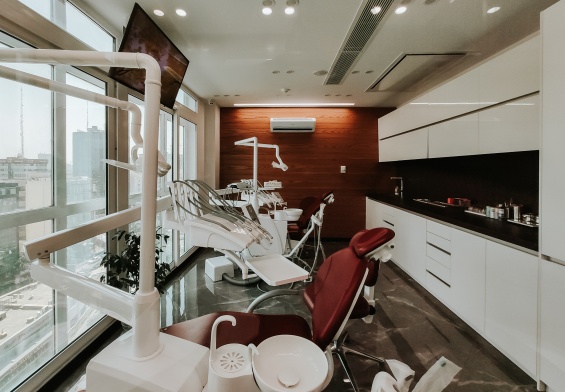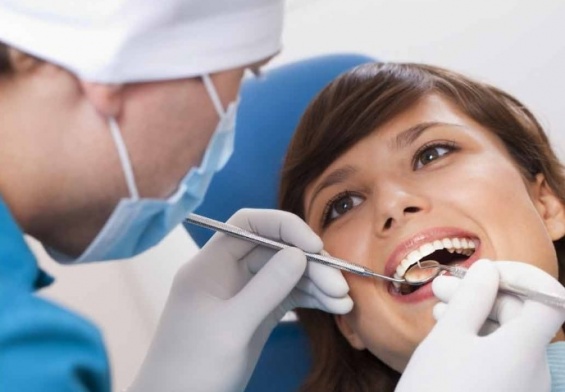Getting older can be challenging, especially considering all the health problems that can accompany this time of life. All too often, as we age, we begin to feel aches and pains that we never had before. We sometimes find we can’t do the things we used to, or at least we can’t do them with the speed or zeal we once did. But with all the challenges thrown at us as our bodies age, whoever considered their teeth would age too? Unfortunately, it’s true. Your teeth age just as the rest of your body does. In fact, as the health of your teeth goes, often so goes the health of the rest of your body. Recent studies have shown a link between the health of the teeth and the overall health of some of the body’s other functions, such as the cardiac system. So what can you do about this fact of life? Is there even anything that can be done to slow the aging process of your teeth? Top dental offices have answers to these and other questions about teeth and aging.
So what does it mean, aging teeth? The answer may surprise you. The fact is that, as we age, our teeth begin to shift… that’s right, shift. We can even lose bone in the structures of our mouths as we get older, and loss of bone can mean receding gums, a condition that makes the teeth look longer and become more sensitive. In fact, these things can begin to happen to teeth as early as the late 30s or early 40s. People in their 50s often will begin to see a change in appearance of their teeth, with the bottom teeth looking longer and the top teeth looking shorter. Bottom teeth tend to be the leaders in the dreaded age-related shifting that often begins in middle age. Unfortunately, though, just because you may not have reached your middle years yet, that doesn’t mean your teeth won’t begin shifting. In fact, some dentists see patients whose teeth begin shifting as early as their mid-20s. And, when those bottom teeth begin to shift, they naturally cause upper teeth to begin shifting as well.
But why does this happen? Well, there are several answers to this question, the first of which is stress. As we move into our 40s, 50s, and beyond, medical conditions such as perimenopause and menopause often cause a little more stress on various systems of the body, and the teeth are not immune to this phenomenon. When you find yourself in stressful situations, all your bodily systems are along for the ride, and that includes the teeth. Stressful situations, especially as we age, can cause teeth clenching or grinding, putting added pressure on teeth… a part of the body that’s already getting more than its share of stress. Grinding or clenching of teeth can cause fractures and chips to teeth; it can wear away enamel; it can cause increased tooth and gum sensitivity; it can even cause earaches and headaches.
So, is there anything you can do to ease your teeth into aging just like you’re working on easing the rest of your body into it? Yes. The first thing you can do is to observe a healthy oral hygiene routine. Twice-daily brushing and once-daily flossing are vital to keeping teeth looking and functioning optimally. But there are things you can do over and above your normal oral hygiene regimen. First, make sure you’re brushing effectively. Brush all parts of the teeth vigorously, but not harshly. If you’re using a hard toothbrush, you might want to consider switching to soft or medium bristles, as these don’t harm enamel and gums as easily as hard bristles can. If you’re not sure you’re brushing effectively, consider switching to an electric toothbrush that gives you more control over your brushing technique. Additionally, make sure you’re brushing for about two minutes each time you brush. Another simple answer is to add an extra brushing and an extra flossing to your routine. If you now brush twice a day, do it three times a day. Finally, consider adding an extra dental checkup to your twice-yearly regimen. This way, as your teeth age, a top dental office is able to keep an extra-close and careful watch over the changes going on in your mouth.



